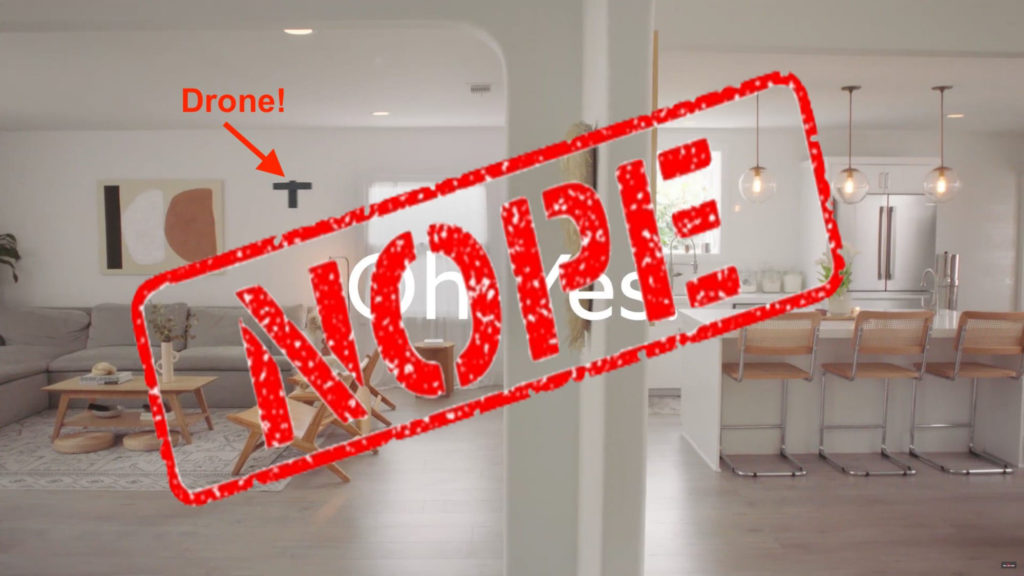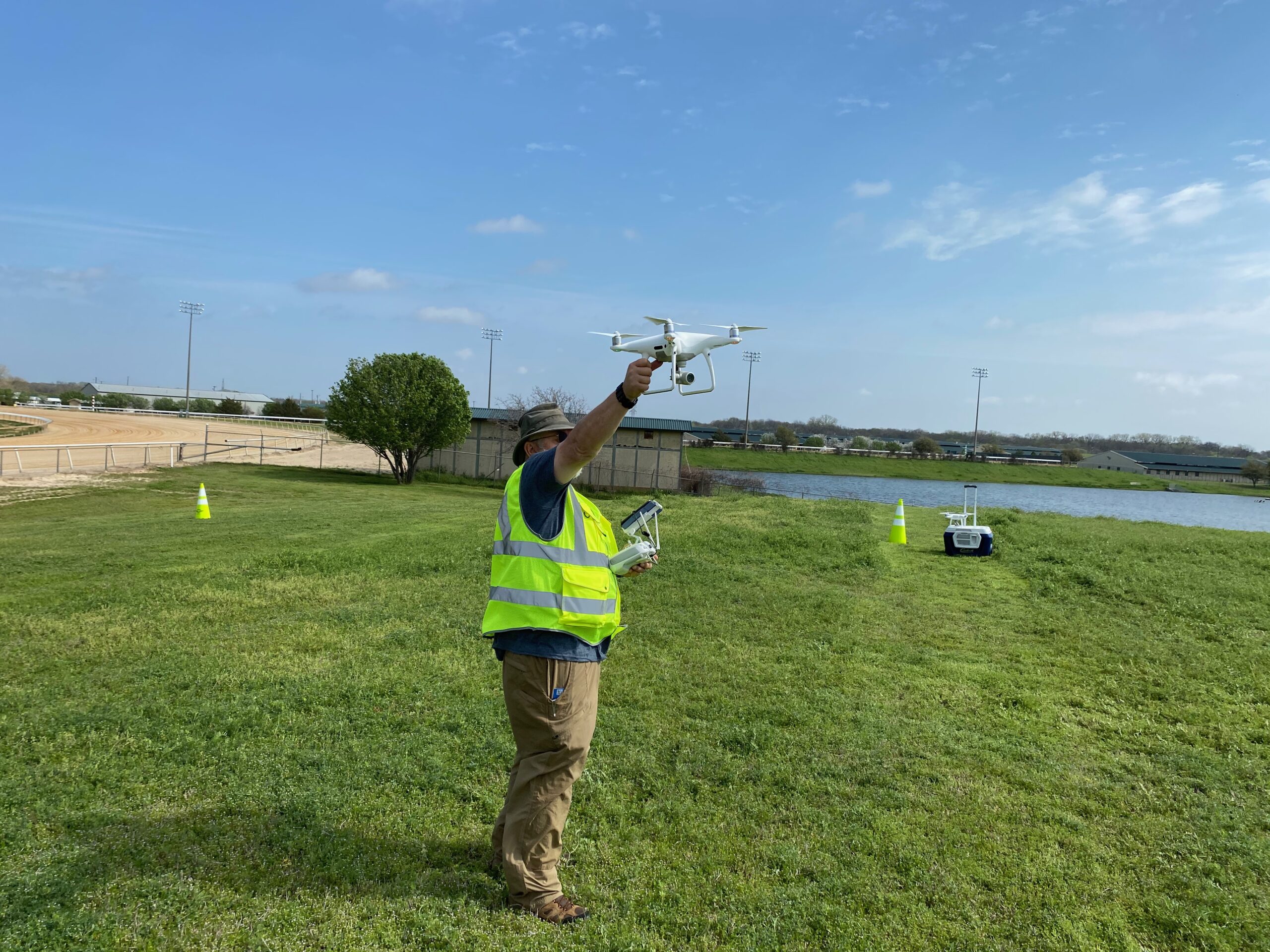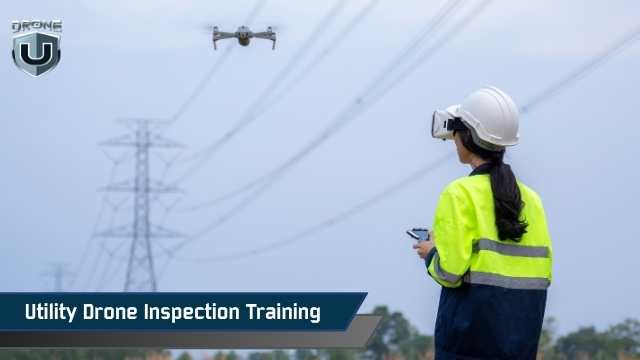Today, Amazon’s company Ring announced a new security drone, raising many privacy concerns.
Today Ring announced a brand new drone that will take flight inside of your house. Yet many Americans question if this ring drone raises serious privacy concerns.
Instead of having a lot of interior cameras you can opt for a drone. For only $250 your home will always be occupied by a flying camera. While Ring’s intentions are to stifle home invasions, this system may cause more harm than good. Advocates argue the benefits of this drone, while understandably, humans are raising privacy concerns.
To be objective, you won’t find an amazon Alexa or similar device in our office or around my house. The idea that anyone on the internet can listen in or watch what’s going on at home doesn’t sit well.
At first sight, this drone solution seems exciting as it seemingly offers piece of mind for homeowners. Even when I initially read the release from DroneDJ, it was exciting to see drone tech advance further. That is, until I discovered that the drone could fly inside of your house. After realizing the drone would fly inside, and not outside, the Ring drone raised serious privacy concerns.
One pressing question….will the homeowner be able to control the drone? Answer….the home owner will not be able to control the drone; but, they will be able to see the video feed online. Ring stated they designed the drone to make a loud humming noise to allow people in your home to know they’re being filmed.
Most American’s would rather not have interior security cameras recording their house. Let alone a security camera inside, that’s connected to the internet.
Haven’t we learned that anything can be hacked? One family has already learned the grave consequences of a privacy breach, inside your home. While interior cameras may be scary to some, they offer a limited perspective. These cameras have a fixed position and can’t see around walls. Well, imagine a little camera recording your home, but able to move around freely. What if that internet controlled flying camera was hacked?
Ring already has a history of being hacked. Imagine coming home and discovering the flying camera hovering over your daughters bed while she was napping? This is just one example of many potential nefarious uses.
We do have to ask, could this system actually help law enforcement stop a home invasion? If so, does it make it worth it to have a flying camera that may be the ultimate breach of security at home.
Practicality of the system
How practical is a drone flying around your house. Is it actually going to help stop a burglar? It is very clear how a drone flying on the outside of a house would provide practical safety. A drone flying on the outside of a house would be able to record cars pulling up to your home and driving off. Some security systems even chase the perp. Using a drone on the exterior of a house, we could record license plates and provide true security. However, one might argue interior cameras pose more threats than benefits.
Proponents of Ring’s “Always Home Cam” state that the camera can fly around the house and search for burglars. As a drone pilot who has built numerous drones, there are serious questions on the capabilities of this aircraft. Questions like, how fast it would launch, how long the battery would last, and the real feasibility of the obstacle avoidance system. Many of us know the limitations of wifi (line of sight) so how far could this drone travel inside of the home?
Ring’s flying home cam could potentially help verify an alarm at home. A verified alarm will push the priority of a home invasion with law enforcement. Most times, a verified alarm will dictate a faster response from law enforcement. With so many false alarms, police could be easily stretched thin. Verified alarms help police focus on actual problems.
If the Ring home drone could verify an alarm and do so within a few minutes, the value is understood. Yet would you really risk your last source of privacy with this ring drone?
Points to note
One drone industry attorney quickly noted that this drone doesn’t follow any drone “regulations.” There is no pilot, there is no registration… there is no remote to take over in the case of an emergency. The attorney, who is also a drone pilot, was quick to point out why, which is the drone can only take flight INSIDE a home. The FAA does not have jurisdiction indoors, thus the drone doesn’t have to follow any regulations. Maybe now you understand why so many FPV pilots are asking the question: what is navigable airspace?
Drones are being deployed for more and more missions and this is certainly one interesting use case. Like many tools, drones can be used for good or for bad. This Ring camera drone raises too many privacy concerns that haven’t been fully vetted.
Ready to deep dive into drones? Don’t be afraid to check out our Flight School.






Add Your Comment